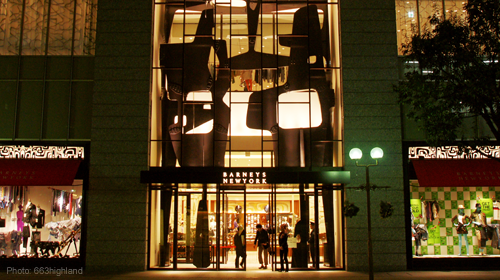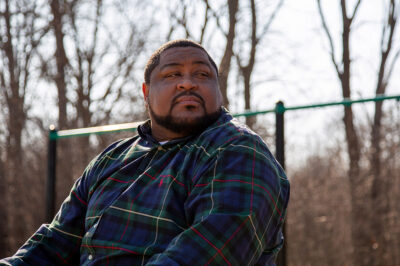
Just in case we need reminders that too many people share the bias linking all black people with criminality, New York newspapers over the last two weeks were filled with stories of Black and Latino shoppers who were questioned and detained for suspicion of shoplifting solely because they had the audacity to purchase expensive items of clothing at exclusive clothing stores or to attempt to shop or return items at department stores. Prompted by these complaints, the New York State Attorney General has initiated investigations into practices by Barneys and Macy’s.
It is sad that there continues to be a need for such an investigation in 2013. It is particularly sobering that the need continues despite the fact that the Attorney General’s office had previously investigated and entered into a settlement agreement with Macy’s after charges that the store investigated and detained, often in handcuffs, people of color shopping in the store. In that 2005 agreement, Macy’s paid $600,000 to the state and agreed to change its security training and monitoring practices. Recent complaints, though, raise the question of whether those steps were enough.
Should the investigation reveal that unfair shopper profiling continues, it would illustrate a sad truth about discrimination. Problems of discrimination cannot be solved and forgotten because they return, sometimes in the same form and sometimes in new, previously unimagined ways. Constant vigilance is necessary to assure that all people are treated fairly.

Some people argue that being followed in stores, having your honesty questioned or being improperly detained are minor inconveniences necessary for maintaining security and safety. These are, for the most part, people who themselves are not continually suspected of illegal conduct. The fact remains that the complaints come from innocent people repeatedly victimized by the willingness of store employees and law enforcement personnel to consistently believe the worst of them because of their race or ethnicity. And the harm goes beyond the embarrassment of being confronted and publicly accused of breaking the law. It also includes the harm resulting from the clear message that although you may regard yourself as a hard-working, law abiding person, others are unable to see anything beyond race or ethnicity. And make no mistake, it is this same bias that drives indiscriminate stop and frisk policies and exposes youth of color to the danger associated with having it assumed that they are always somewhere they don’t belong doing something they shouldn’t even if they are not engaged in any illegal conduct.
The situation is not necessarily hopeless. Research shows that we can be trained to deal with our prejudices, whether conscious or unconscious. But it is first necessary to acknowledge the unfortunate fact that bias continues to exist and that, store employees, law enforcement personnel and each of us are subject to its harmful effects.
Learn more about racial profiling and other civil liberty issues: Sign up for breaking news alerts,follow us on Twitter, and like us on Facebook.


